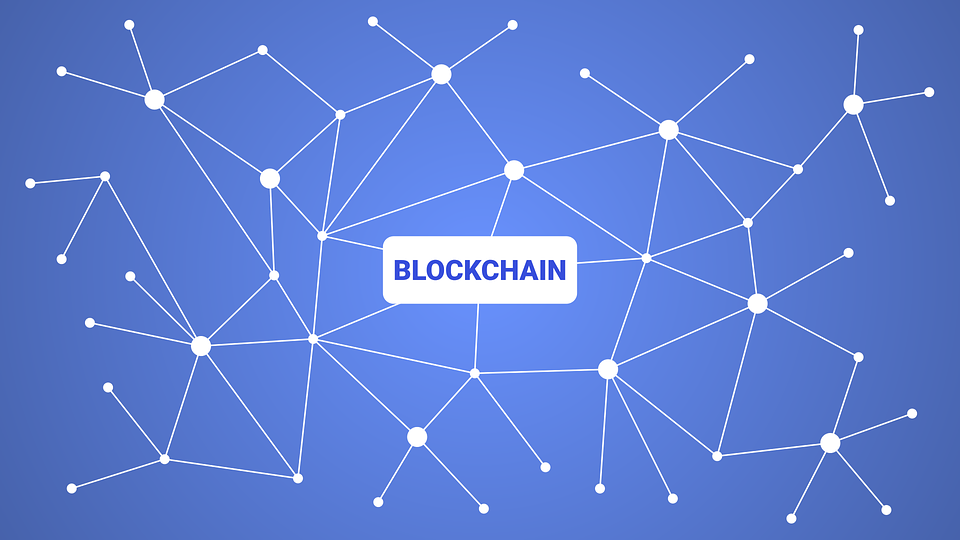Following their pilot project, an Ethereum-based P2P energy market for end consumers, Lition is currently working on solving the problems of public blockchains to end the niche image of the technology. For this purpose, Blockchain & Energie Startup is working together with SAP on a hybrid public-private blockchain solution, with the special feature of being able to delete data.
The blockchain of Lition is thus compatible with current regulations and laws, such as the new general data protection regulation (DSGVO).
Lition – a P2P energy market for transparency and fairness
Lition is a German energy & blockchain startup, which was one of the first companies in the world to implement a blockchain-based public P2P energy marketplace. The company was founded at the beginning of 2018 and already supplies hundreds of households in Germany with its decentralized marketplace. The Ethereum-based marketplace connects consumers directly with large and small power producers, eliminating the big problem of middlemen in the energy market.
Lition promises its customers more transparency, more fairness and, above all, better prices. The start-up, based on green electricity, brings customers and producers together directly and, according to their own statements, spares the user 20% in costs and even brings the electricity producer 30% more turnover, a win-win situation.
This was stated by the CEO of Lition, dr. Richard Lohwasser, also in an interview with coindesk:
“Our energy exchange connects customers and producers directly. The producers sell their energy to the stock market and then the customers can buy it. “” Normally, direct sourcing from producers is limited to utilities that are big corporations. But we bring the trade directly to the consumer, so that the consumer gets only the desired energy. ”
Lohwasser sees in all this a proof of concept for a bigger goal. Maybe someday everyone will be able to buy energy in a decentralized way, perhaps even from tiny solar parks built by hobbyists in a nearby neighborhood.
The limits of public blockchains
The Energy Startup has made through his experience with Ethereum quickly acquainted with the limitations of a Public Blockchain. Especially with regard to the new General Data Protection Regulation (DSGVO), companies that flirt with the use of blockchain technology often have problems adhering to applicable regulations and laws. Neither a public blockchain, such as Ethereum, nor a private blockchain solution really meet the needs of commercial blockchain approaches.
In addition to the non-existent possibility to delete entries also Lition has also made bad experiences with the speed of Ethereum. Problems that hamper a meaningful use of the technology.
“It is very slow. It takes 20 to 30 seconds to tell a customer if he can buy energy or not. ”
Lition & SAP – A hybrid public-private blockchain
However, as already indicated, the Lition project consists not only of the finished product of a P2P energy market, but also of the vision to solve the above-mentioned challenges of a Public Blockchain. Together with SAP, Lition builds a hybrid scalable blockchain that meets the exact requirements that commercial products place on a blockchain solution.
By combining a Permissioned Distributed Storage Engine from SAP with Lition’s Permissionless Consensus System, the joint solution offers other companies the ability to conduct private transactions with high throughput and low latency without sacrificing public validation.
Testnet Launch, Use Cases & STOs
Lition shows that they can deliver, because on February 21, 2019, the Testnet was successfully launched and presented further use cases that should be possible with Lition. In addition, the Lition team is working in close coordination with the German authorities and the government to provide a framework that will allow regulated security token offerings (STOs) on Lition.
Lition, the perfect blockchain? – An assessment
The idea of Lition to build the “perfect” blockchain is nothing new in itself, but the project is clearly different from many other projects chasing the Holy Grail. Because unlike most projects, Lition has already created a real use case that already generates revenue in the “real” world. They also focus on a clear target group they want to address in their Blockchain solution. With SAP, Lition also has an active partner who can not only help complete the vision, but also reach those potential customers.
Close cooperation with the authorities on STOs and compliance with regulatory frameworks underlines Lition’s ambition to bring Blockchain out of the niche and make it fit for business or mass tourism. In part, Lition has already succeeded with its active Ethereum-based P2P energy market.
Since April 2018 Lition is active in the German market as an energy supplier and supplies, according to own data, households in over 50 cities. What Lition can really deliver with its own blockchain infrastructure, how mass-marketable it really is and whether it will actually be used will be demonstrated by the future. The project is definitely worth taking a look and getting your own picture.

